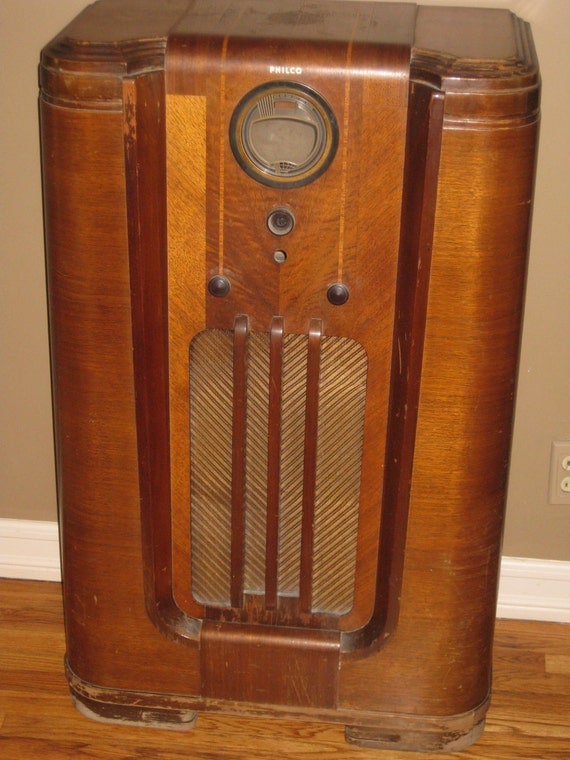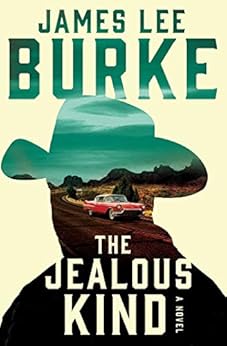As always, there will
be spoilers; however, I try to limit and minimize them, describing obliquely.
Many have seen the movies. Until I saw Francis Ford Coppola’s
movie, I wasn’t particularly drawn to mob movies. But this one etches in the
mafia way of thinking. It’s a culture, a way of life that is like living in a
foreign country. On my first viewing, I enjoyed the trilogy as a whole although
some knock one film or another.
I just read (and reread) the book to compare. When one
thinks of a mafia story, one thinks of creative deaths—concrete boots, strange
burials—where often the punishment fits the supposed “crime,” blood baths,
riches, luxury, women, paid protection, gambling, booze, angry revenge,
vendettas, etc.
Puzo does some of this; however, he focuses on the family
aspect. Don [Vito] Corleone is not just father to blood sons—one wild and
angry, one a little too craven to people outside the family, the other
controlled but wanting out of the mafia life—but also father to everyone to
whom he does favors. He grants favors like getting washed-up singers back on
his feet, and getting revenge for ruining the life of a young woman. He expects
favors in return. Moreover, if one loses family, one has to see it as “business”
in a way that most mob movies don’t go into.
The author aligns us with Don Corleone’s value system.
Sometimes the law is unfair, so one has to take it into his own hands. The
justice is less poetic, and more familial and deeply loyal. For instance, a man’s
only daughter chooses not to have sex with two men. The men are connected (only
explained in the book) so that when convicted, their sentences are suspended. So
the father comes to Don Corleone for vengeance—murder—but Corleone points out
that murder goes beyond justice. The daughter isn’t dead but maimed for life,
beauty lost.
Now Don Corleone is not just an alternate justice system you
can suddenly turn to when you need him, but a way of life. Corleone wanted the
father to have been respectful before the Godfather is needed and to have used Corleone’s
justice first, without ever going to the police. There should have been visits
for coffee, etc. He expects a lifetime of friendship and gratitude, which one
does by kissing the don’s hand (which the movie may or may not have explained
well enough to convey the ending).
Puzo sweeps us through history from the 40s to the 50s (ETA: See addendum post), occasionally telling past stories or revisiting the
past, alternately sprinting and leaping through history. Some readers may take
issue with exposition as he tries to generate large scope without dipping into
every moment. Of course, we become involved with what happens in a moment, but
there’s also something pleasant about the scope of time, not having to taste
every event. Perhaps the scope is sometimes a crutch for Puzo, but we feel the
muscular crossing of time as if we were in seven-league boots.
One advantage the book has over the movie—apart from the obvious
ability to explain mafia culture when the movie cannot—is the ability to climb
into every character’s head. In a few instances, this adds more scope to the
culture that the movie does not explore. For instance, Woltz the movie mogul,
after the unexpected appearance of a head in his bed, doesn’t immediately
decide to accede to Don Corleone’s wishes. It is a train of thought interesting to follow.
Also, Sonny has an extramarital affair with Lucy Mancini (the extramarital affair in the movie, I suspect, merely portrays Sonny as
a ladies’ man, perhaps a man of virility too big for just one woman). Lucy is actually looking for sexual satisfaction
(intimated in the movie by the wife’s widening of hands, just as Sonny stands to
partake in an affair... although I’m not sure this subtlety is clear except for
readers of the book).
However, one has to wonder if Puzo needed all those
character minds to that extent. Puzo gives Johnny Fontaine and Lucy a
lot of book time. To justify this in this novel, it’d be more interesting if
Puzo would have delineated more how these characters came to be who they were only
through the mafia system. Yes, it does somewhat already, but to justify their growing
space in book, we need more negative/positive impacts and repercussions (direct
or indirect). One character is trying to drink himself to death, for example,
and it isn’t fully clear why.
[Note: I wrote the above before hearing Coppola’s commentary
that Lucy's story was merely sensational. It was, and probably did
intrigue readers of his day. Coppola and I agree that her story in the novel is
out of proportion but she and the doctor represent outsiders
whose lives were affected/protected by the mafia. Still, those story threads
lost sight of the novel's big picture and should have been better
developed, trimmed or cut.
There is also Fontaine, who has a fascinating transformation
from powerless and virulent to powerful and impotent, but how and why? If it’s
just his vocal chords, then his story could be trimmed, but what if it has
something to do with living in the mafia system—failing to learn or being kept?]
One thing the movie does good to exclude is the violence
against women (there is still some, but it’s minimized). If it had appeared,
the movie may not have done as well since it would diminish our view of the
characters. The book, however, may be more honest about the culture. Despite
our greater thirst for violence, the casual violence may be as shocking today
as Puzo had intended it to be. Woltz is intended to look lower than he is in
the movie. Fontaine is a curious one, though, and it’s hard to say exactly a
reader is supposed to feel toward his violence—as it forms a part of his
growing impotence.
When Michael got the “thunderbolt” in Sicily and fell in
love with another woman, we wonder if he ever loved Kay Adams. Perhaps it was an auctorial opportunity to develop Michael’s time in another land, so we can see what he’s
been up to, putting off his return. The thunderbolt is a bit of romantic
nonsense and the poor girl is immediately dispatched before he returns to the
U.S. The movie does a better job of explaining Michael’s detachment or
distancing himself from Kay (because of what he has to do); however, when
Michael returns, his interest in her feels less sincere.
In the book, it’s
actually Kay who pursues: She is the one who arrives at Michael’s house to
learn that, despite her letters, she only just now learns that Michael is back
in the States, a year after the fact. She is still in love and is disappointed,
but still wants to see him. Michael’s mother approves suddenly, without
explanation, makinf it sound as if Kay should have shown up earlier despite
the mother’s earlier discouragement (probably when Michael had married). The
story thread needs more development, especially considering their later
importance.
The relationship is key because both the book and the movie end on it. The
movie shows intimations that she is shut out of knowing what’s going on in her
husband’s life; in the book she has to accept the reality of what she’d merely
agreed to in theory. The movie is visually brilliant although the book may be more realistic—the person who is living with you is bound to learn of
your secrets. Better to learn in advance if that person could deal with such
news.
Apart from a little too much exposition and a little too
much time spent with characters who do not help delve into the mafia culture,
the main issue I have is the book’s ending which doesn’t quite capture the
spirit of the novel as a whole. It does capture the familial side and justifies
itself, but there’s more to the family than this—with the Don’s right hand man
explaining life in a mafia family to someone outside it. For a big novel, it
needs a bigger scene—not necessarily splashier, but more scope.
A younger viewer found the first movie was too long and slow—a
curious remark that got me to study the opening scenes. We have a marriage
interrupted by the Don’s hearing of people asking of favors, which he has to do
within this culture. It’s a nice contrast, to alternate between the sweetness
of marriage and the violence of the mafia culture. The violence is merely
talked about, which allows the movie to escalate in later scenes. However, I
think today’s culture expects more violence than when the movie was released. I
don’t think more violence is necessary, but perhaps increasing our interest in
the marriage scenes through moments like the FBI taking license plate numbers
and perhaps increasing the significance of Sonny’s affair, etc.
If you enjoyed the movies, you’ll enjoy Puzo’s tour of the mafia world. Despite
flaws, it dives into the culture and sweeps across more territory than a movie
could hope . A TV series might be able to tap that scope by
entering Vito Corleone’s past and journeying with the family to the 50s.
This discussion will continue on Feb 24.





